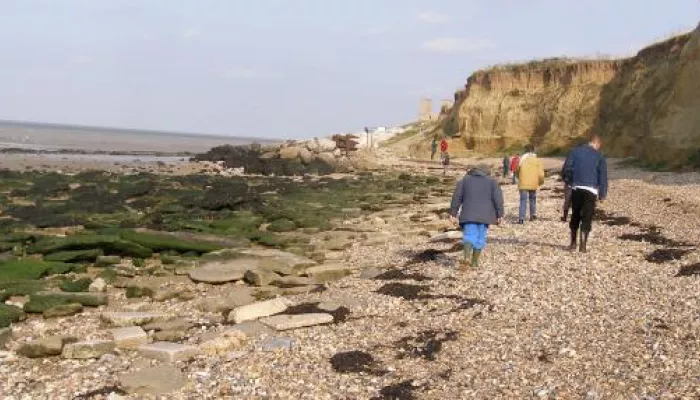Tiny plastic pellets found on 73% of UK beaches.
Kent Wildlife Trust continues to be alarmed by the sheer quantity of nurdles continually washing up on beaches around the UK, but hope that its new HLF-funded Guardians of the Deep project will help tackle this problem around the Kent coast.
Nurdles are small plastic pellets which, when melted together, are used by industry to make nearly all our plastic products. The lightweight nurdles can escape into the environment at various points during their manufacture, transport or use, spilling into rivers and oceans or getting into drains where they are washed out to sea. It is thought that billions are lost in the UK each year.
Nurdles pose a massive danger to marine wildlife. Due to their size, they are easily mistaken for fish eggs and swallowed by a huge variety of marine wildlife from seabirds and fish to even crabs and lobsters. If that isn’t bad enough, they soak up toxins from their surroundings which then accumulate in the tissues of the unsuspecting animals that eat them.
Fiona White, Marine Officer for Kent Wildlife Trust, said: “Microplastics, such as nurdles do not disappear which is why they are such a continual hazard to wildlife. As part of our new HLF-funded Guardians of the Deep project we will be setting up a network of Coastal Guardians - volunteers who will help to protect our marine environment by reporting where these sorts of things are and helping to organise beach cleans. Beach cleans are the type of activity that everyone can get involved in, and the removal of harmful plastics from our beaches is a great way to help protect our marine environment”.
Beach cleans are the type of activity that everyone can get involved in, and the removal of harmful plastics from our beaches is a great way to help protect our marine environment.Fiona White, Marine Officer at Kent Wildlife Trust

